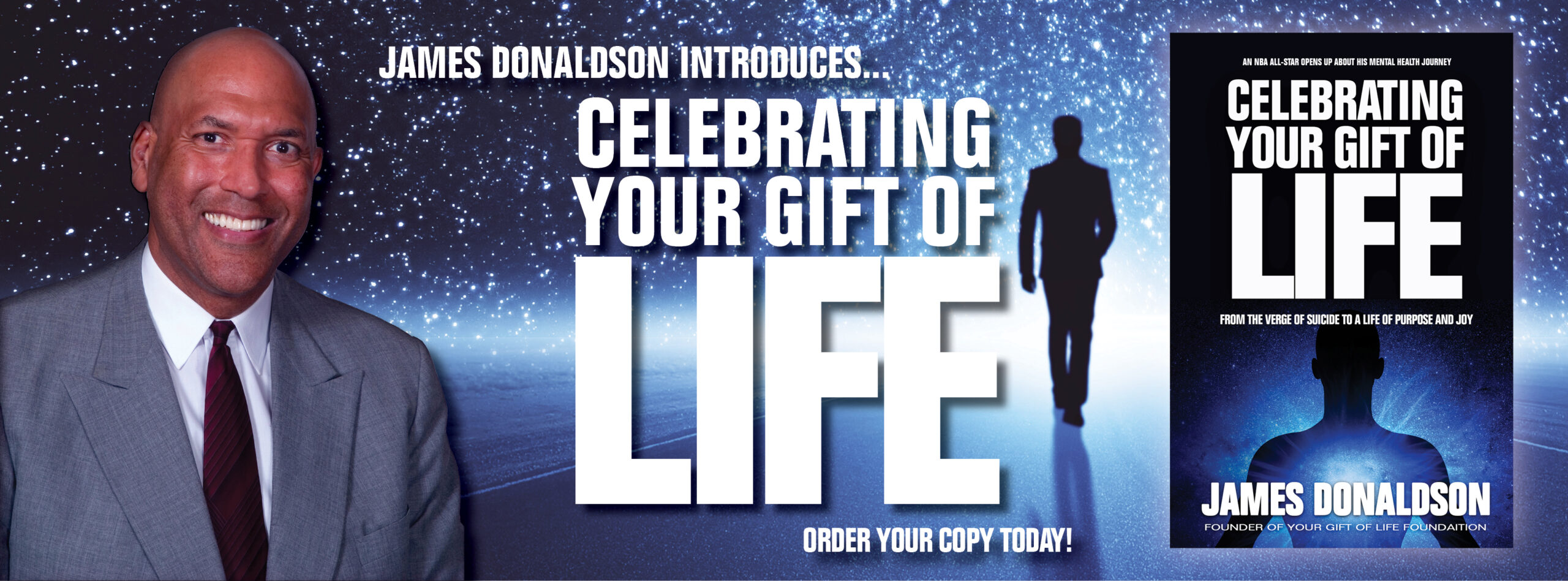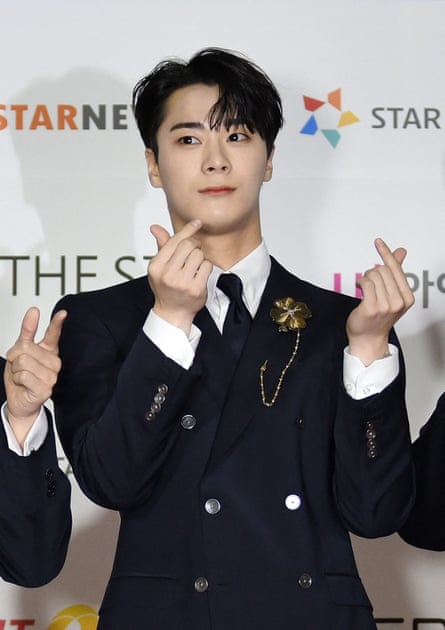
The death of a #K-pop star has focused minds again on the young people struggling to cope in this hyper-competitive society

The death of a #K-pop star has focused minds again on the young people struggling to cope in this hyper-competitive society
Before I moved to #SouthKorea, 12 years ago, I hadn’t really come across #suicide in my social life. Now, every year I hear of friends, or friends of friends, taking their own lives. The recent suspected #suicide of #K-pop star Moonbin has focused minds yet again on this problem – one which is far from limited to the entertainment industry, but is a full-blown social crisis affecting Koreans of all ages and backgrounds. However, it is young people in particular who are bearing the brunt.
So what is going on?
Korea, after all, is a dynamic country whose global reputation is remarkably positive. It has made from the behemoth that is #K-pop and its film industry, to its innovative skincare products that have revolutionized the beauty business. These achievements have solidified South Korea’s reputation as a cultural powerhouse and global trendsetter.
 Moonbin, a member of K-pop boy band Astro
Moonbin, a member of K-pop boy band AstroYet beneath the facade lies a #mentalhealthcrisis of grave proportions. In 2021, #SouthKorea recorded a #suiciderate of 26 per 100,000 people, the highest among OECD countries. #Suicide was the main cause of death for those aged 10 to 39, with 44% of #teenage deaths and 56.8% of deaths of those in their 20s attributed to it. #Mentalillness was identified as the leading cause of #suicide.
I have seen this crisis with my own eyes. Many of my closest friends have struggled with #suicidalthoughts and #depression. They often cite societal pressures to succeed, feelings of #isolation, worthlessness and discrimination for not conforming or being different. It’s a conversation that’s become all too familiar and many of my peers are seeking psychological help, albeit discreetly. While more people speak openly about #mentalhealth than they used to, the topic still remains taboo and is often seen as a personal weakness or failure.
#Suicide in the entertainment industry is just one manifestation of the constant pressure and #stress that young people face in a hyper-competitive society. In the case of Moonbin, in a live chat just days before his passing, the singer with the group Astro said, “I’ve chosen this job, so I need to handle it”. #Police found no signs of foul play, and suspect he died by #suicide.
However, the crisis is not confined to K-entertainment and there are no shortage of daily headlines about people making “extreme choices”, a euphemism for ending one’s life. This includes #school #children – factors such as academic pressure and #bullying are cited as explanations.
This month, three #teenagers fell to their deaths from high-rise buildings within five days of each other in Seoul’s affluent Gangnam district. Although the factors at play will be complex and varied, the place is known for its high concentration of elite #schools and expensive private “cram #schools”.
In the hope of securing bright futures for their #children, many #parents throw them into an intensive education system, which takes precedence over socialization and wellbeing. This obsession stems from the highly competitive job market, where good grades and a prestigious university degree are seen as necessary for obtaining stable and well-paid employment. The result is that the vast majority of #children, some as young as two, are sent to cram #schools on top of regular schooling.
Here’s the thing: #SouthKorea is a deeply unhappy country. Having written a book on the topic, I’ve explored how South Korean culture places strong emphases on both conformity and competition, a contradiction that can generate #stress, #isolation, suppressed emotions, and deep dissatisfaction.
Recently, the government announced its aim to reduce the country’s #suiciderate by almost 30% within five years, and to shorten the gap between mandatory #mentalhealth checkups from 10 years to two.
Not all #mentalhealthtreatments are covered by national insurance, which makes it difficult for people to access #mentalhealth services. Private counselling and therapy sessions can be expensive. This #financial burden can be especially challenging for those who require ongoing counselling or therapy for conditions such as #depression. Help centres and helplines also exist and are playing an important role, but these are mainly reactive measures to address #mentalhealthissues after they have developed.
I once tutored a seven-year-old in English. She did not get to bed until 10pm each day because of all her extra tuition and CV-embellishing activities. During my lessons, she tended to fall asleep. She was anything but happy. I felt terrible contributing to her misery, and quit.
#James Donaldson notes:
Welcome to the “next chapter” of my life… being a voice and an advocate for #mentalhealthawarenessandsuicideprevention, especially pertaining to our younger generation of students and student-athletes.
Getting men to speak up and reach out for help and assistance is one of my passions. Us men need to not suffer in silence or drown our sorrows in alcohol, hang out at bars and strip joints, or get involved with drug use.
Having gone through a recent bout of #depression and #suicidalthoughts myself, I realize now, that I can make a huge difference in the lives of so many by sharing my story, and by sharing various resources I come across as I work in this space. #http://bit.ly/JamesMentalHealthArticle
Find out more about the work I do on my 501c3 non-profit foundation
website www.yourgiftoflife.org Order your copy of James Donaldson's latest book,
#CelebratingYourGiftofLife:
From The Verge of Suicide to a Life of Purpose and Joy

www.celebratingyourgiftoflife.com
As #SouthKorea continues to dazzle with its outward image of perfection, the glaring paradox at home can no longer be overlooked. It’s time to break the cycle of competition and conformity and create a society that values compassion and individuality. Above all, policymakers need to restore hope in citizens that #SouthKorea is a place where they can simply be happy.
- Raphael Rashid is a Seoul-based freelance journalist and author of The Korea We Refuse to See
- International helplines can be found at www.befrienders.org. In the UK and Ireland, Samaritans can be contacted on 116 123 or email jo@samaritans.org or jo@samaritans.ie. In the US, the #NationalSuicidePreventionLifeline is at 800-273-8255 or chat for support. You can also text HOME to 741741 to connect with a crisis text line counselor. In Australia, the crisis support service Lifeline is 13 11 14.
https://standingabovethecrowd.com/?p=11439


No comments:
Post a Comment